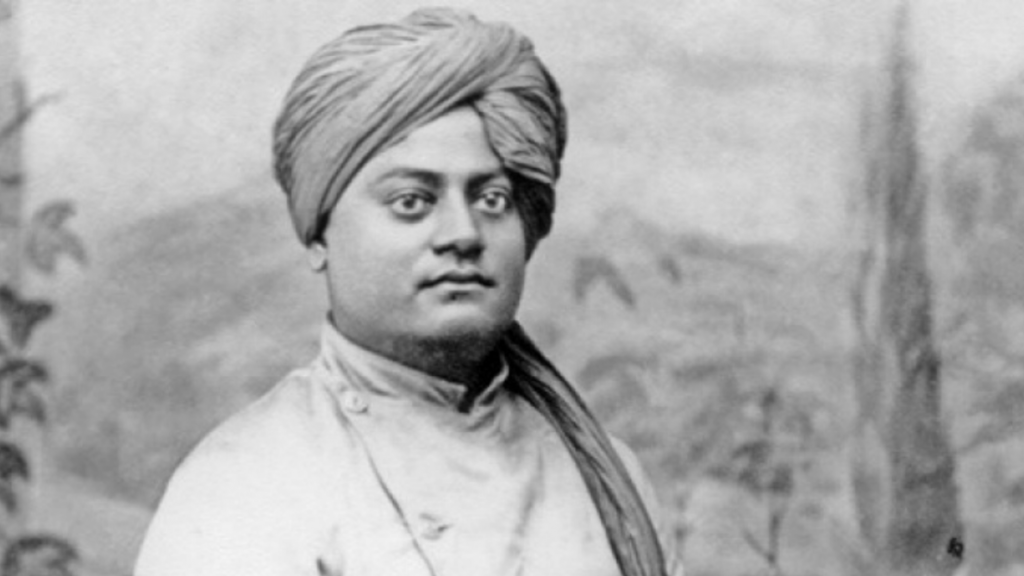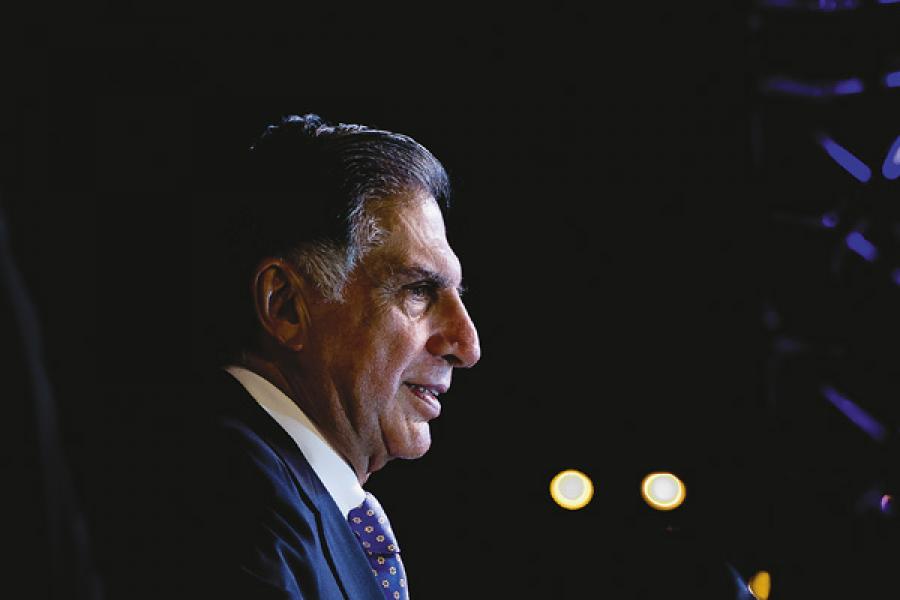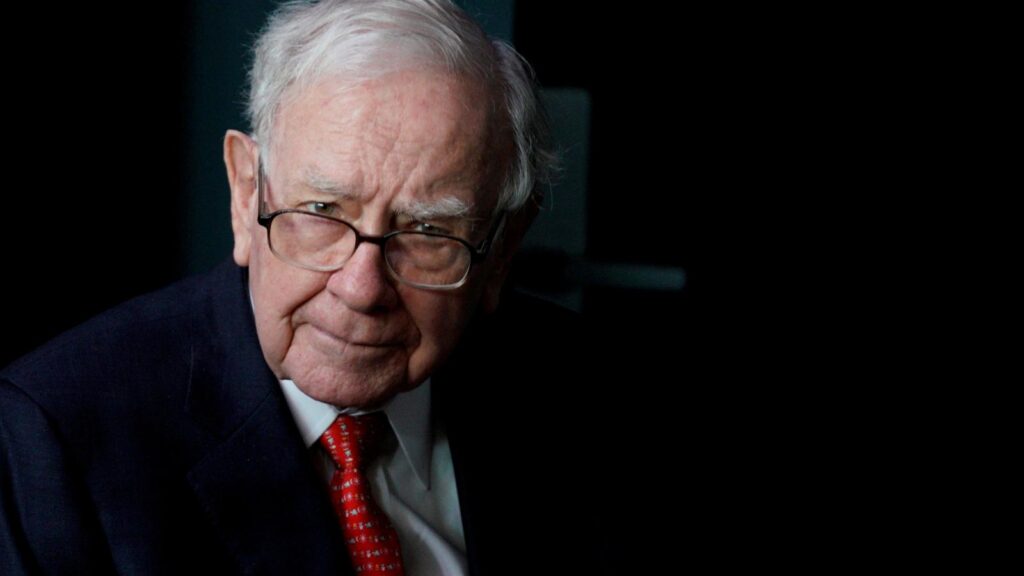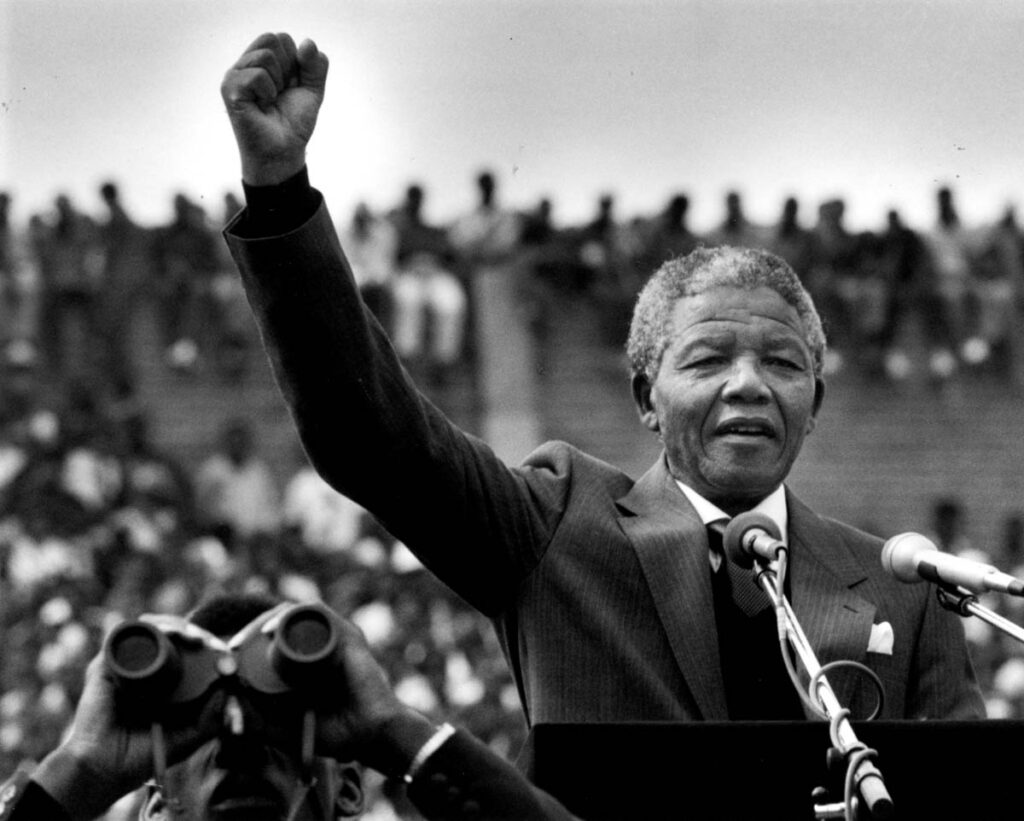Swami Vivekananda is an Indian monk, popularly known for his works on introducing the Indian philosophies Vedanta and Yoga to the western world in the late 19th century. His oracle and orating skills inspired thousands in the ‘Parliament of World Religions’ occasion in Chicago in 1893. The nation which he belongs to, ‘India’ is still honored because of the ways, Vivekananda implemented to bring glory to his nation. In gratitude, Vivekananda’s birthday (12th January) is celebrated as “National Youth Day” in the country. The blog doesn’t appreciate any religion but instead briefs about him and his works, his sayings and how he fulfilled his desire through the toils of ground!
Points about Visionary Human – “Swami Vivekananda”:
- Swami Vivekananda, originally called “Narendranath Datta” belongs to a Bengal Kayastha family in Calcutta, the then capital of British India. Born on 12 January 1863, he was one among the nine siblings to his father Vishwanath Datta, an attorney in the Calcutta High Court.
- During his childhood days, Narendranath was such a restless and naughty boy, everyone complained. Born to a wealthy family, he was bestowed all the necessities and wants. He was so mischievous that in fact his mother had once uttered, “I prayed to Lord Shiva for a son, but he has sent one of his demons”, for fun.
- Naren was a good avid reader and he was exposed to spiritual beliefs and Hinduism, starting from his childhood years. He read Hindu scriptures like Vedas, Upanishads, Bhagavad Gita, the Ramayana and Mahabharata and the Puranas. The young boy influenced himself in meditation and achieved great IQ. He was the only student to get 1st-class division marks in the Presidency College’s entrance examination. He practiced Indian classical music, sports and others.
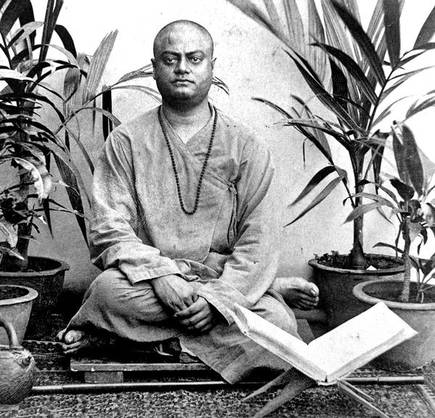
- ‘Narendranath had a prodigious memory’, uttered William Hastie, the Principal of Christian College, Calcutta. “I have been to many German Universities; but I haven’t seen any student with this kind of talent and intellectuality. He is a genius”, said the Principal. For instance, once he had an argument with Swedish national, where he gave reference to Swedish history that the Swede originally disagreed but later conceded.
- In 1880, Narendranath joined Keshab Chandra Sen’s ‘Nava Vidhan’, which highlighted ‘all religions are true’ and ‘worship of goddess as mother’. He enrolled as a member in ‘Brahma Samaj’. Naren then believed the Samaj’s beliefs, namely in the existence of the formless God. He was first acquainted with the western esotericism here and believed in creating a new conjoined spiritualism of Hinduism and western culture.
- He then went on for a quest for God as, “If anyone had come ‘face to face with god’?”, which he begun to ask everyone he had met. Most of the answers didn’t quench him. But the words of Ramakrishna, an Indian Hindu Saint as “Yes, I see Him as I see You, only in an infinitely intense sense”, satiated the young man. From then, Narendranath adored Ramakrishna as his ‘Guru’.
- In 1884, Vishwanath Datta was dismissed and the family was prone to bankruptcy and poverty. He was frustrated and depressed a lot of his family’s situation. He only sought solace in the place of Ramakrishna, Dakshineswar. As the scenario was adverse day by day, his visits to Dakshineswar increased. It was Ramakrishna, who implanted the thoughts of existence of physical god in Naren. Until then, he believed only in formless gods.
- Narendranath and other disciples of Ramakrishna took care of him, after being infected with throat cancer. When Ramakrishna died in August 1886, Narendra started “Ramakrishna Math”, a monastery with some of Ramakrishna’s disciples, while others ceased to follow him and opted a family life. Narendra and few disciples in the monastery vowed to live the rest of the life as their guru, meditating and practicing yoga for couple of hours. The days were horrible as to spend for the necessities and the monastery. Narendranath was called ‘Swami Vivekananda’ from then, etymologized to Sanskrit, meaning ‘the bliss of discerning wisdom’.
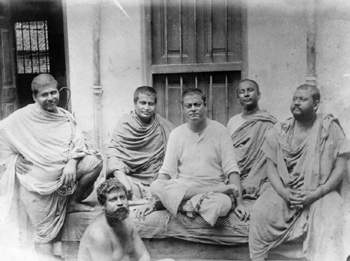
Through the streets of India:
- Swami Vivekananda started to wander across states, without ties and fixed abode, independent to go anywhere. He just carried a water pot, few disciples and two of his favorite books: the Bhagavad Gita & The Imitation of Christ. He travelled so for five years (1888-1893), lived primarily on alms, delivered spiritual talks to the people; acknowledged the people’s suffering and poverty; thereby lived with them, divulged about different religion, culture; met different scholars of different states speaking different languages; He then familiarized with India’s diversified religious and cultural patterns.
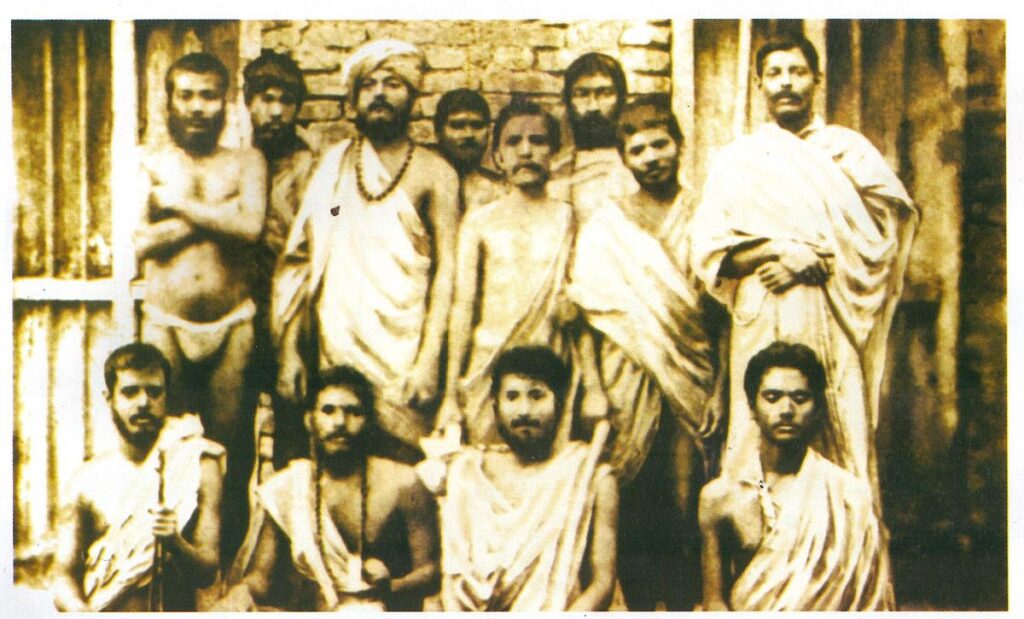
- Vivekananda grabbed the opportunity to fly over countries to Japan, China, Canada and US, 1893 onwards, delivering his inspiring speeches to other countries besides broadening Hinduism and Yoga to the rest of the world. The close of deciding to participating in “Parliament of World’s Religions” conference in Chicago, US in 1893 called for the need of a bonafide from renowned authority. He contacted Professor John Henry Wright of Harvard University, whom had previously invited Vivekananda for a lecture and briefed the scenario of wanting to introduce his nation in the conference. He collected the offerings from a Raja in Madurai, to reach US. The forum was in his way to prosper his idealism and desire of bringing glory to Hinduism and Bharat India.
Parliament of World’s Religions
- The Parliament of World’s Religions opened on 11th September 1893 and the popular and noteworthy religious representatives all over the world had participated. Swami Vivekananda astonished everyone in the crowd with his first few words itself, starting as “Sisters and Brothers of America..”. He was applauded for two-minutes for the start. After a décor of silence, Vivekananda started to speak. He quoted two passages from “Shiva Mahimna Stotram”, namely:
- “As the different streams having their sources in different places all mingle their water in the sea, so, O Lord, the different paths which men take, through different tendencies, various though they appear, crooked or straight, all lead to Thee!”
- “Whosoever comes to Me, through whatsoever form, I reach him; all men are struggling through paths that in the end lead to Me.”
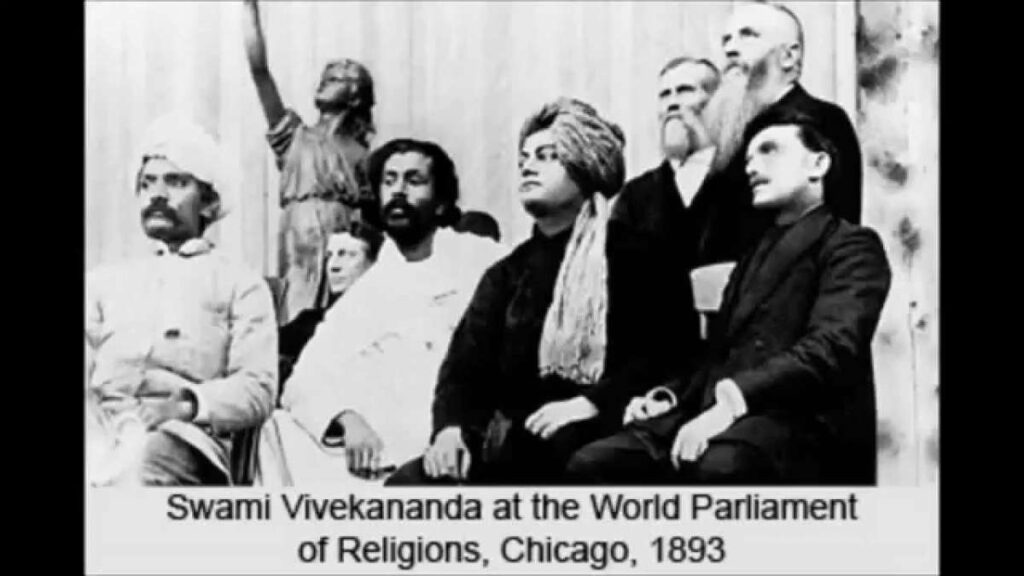
- The speech was precise and arrow-pointing to the listeners. The talk was the headlines of the newspaper, receiving gratitude from all the people in US and from India too. ‘An orator by divine right’, ‘cyclonic monk from India’, ‘the most popular and influential man in the parliament’, ‘a great favorite at the parliament who will be applauded if he just cross’, wrote the headlines of the newspapers of US about this Indian personality. In fact his date of speech in the parliament, 11th September is celebrated as “World’s Brotherhood Day”.
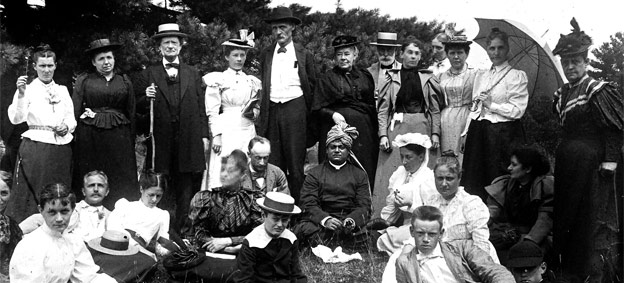
- At the closure of the speech, Vivekananda created a huge impression as a renowned orator in the country and across the world, which confronted him many invitations for rhetoric events. He spent two years till 1894 in US, founding the Vedanta Society in New York in 1894 and in California and San Francisco at his second visit in 1899 and having private classes for Vedanta and Yoga, besides delivering lectures.
- He travelled to UK and other countries of Europe and spread the idea of Hinduism, Vedanta and cultivated the habit of Yoga, everywhere he visited. He was funded by the people whom had conjoined with him in the place. His adaptation to Hindu Religion proffer credits to Patanjali’s Yoga Sutras, which he interpreted and introduced ‘four yogas’ model through his book called ‘Raja yoga’, in 1896 which became an instant success in the western countries. He then translated the first six units of ‘The Imitation of Christ’ in 1889.
- Vivekananda returned India on 15 January 1897 in Colombo, British Ceylon. All through his way from Colombo to Calcutta, he delivered dozens of lectures in various cities. Often, people would interpret and block the train or any means of vehicle, and request him for a speech. On reaching Calcutta on May 1, he started Ramakrishna Mission, a trust for social service.
Key-advisor at starting IISc
- While his visit to Chicago, Vivekananda got diligence from Jamshetji Tata, the founder of Tata Groups in India, who travelled in the same ship. Jamshetji Tata communicated with Vivekananda and told about the purpose of his visit as ‘testing of Indian soils, if it contained iron-ores in it, in Germany’. Vivekananda suggested to start a research institute in India, with which, Tata Groups can acquire the possibility in India itself, which aids a lot in the long-run. Jamshetji Tata by his advice, started a research Institute in Bangalore, which is now well-known as “Indian Institute of Science (IISc)”.
- The monk desired for the blended spirituality of both Vedanta and western esotericism and called it “Neo-Vedanta”. As an avid reader, he visited a local library in Chicago and used to borrow a fat book daily and return it the next day. Doubted with the strange behavior, the custodian of the library inquired about it and Vivekananda replied that he finishes off the book within a day. While he was questioned about any particular happenings of the book, Vivekananda resorted it out precisely, leaving behind the custodian, amazed. He was a brahmacharya (virgin) throughout his life and says this accounts for his prodigious memory.
- By his prophecy, he wouldn’t live for forty and it happened so, when he died on July 4, 1902 at his 39th age. His dismissal was because of a rupture of blood vessel in brain, while disciples claim that he had attained mahasamadhi. He was cremated opposite to his Guru, Ramakrishna in banks of River Ganga in Belur.
- Swami Vivekananda is a whole respected personality of India and an honored monk due to his efforts of adding dignity to the country and culture.
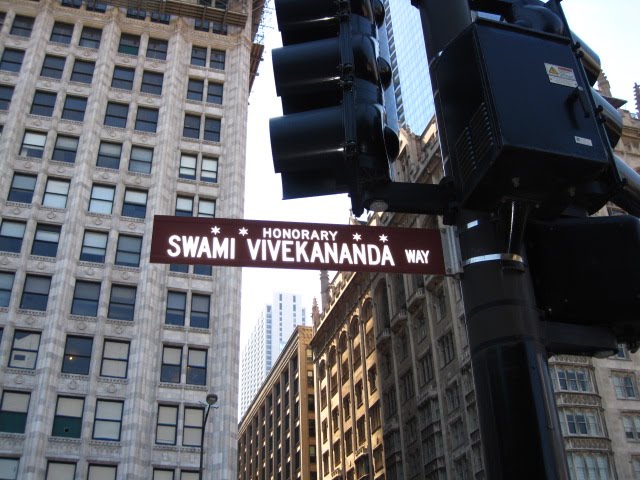
Leaders about Swami Vivekananda
- “One who maintained this Hindu religion in a state of splendor by cutting down the dead wood of tradition” _Mahatma Gandhi
- “Vivekananda saved Hinduism, saved India” _Chakravarti Rajagopalachari, first governor-general of Independent India.
- “the maker of modern India” _Subash Chandra Bose
- “If you want to know India, study Vivekananda. In him everything is positive and nothing negative” _Rabindranath Tagore
- Swami Vivekananda had left behind dozens of sayings for youths to achieve success. His quotes are celebrated by many.
Swami Vivekananda’s Quotes
- “Arise, awake, and stop not until the goal is achieved.”
- “Talk to yourself once in a day, otherwise, you may miss meeting an excellent person in this world
- “If I love myself despite my infinite faults, how can I hate anyone at the glimpse of a few faults.”
- “All the powers in the universe are already ours. It is we who we have put our hands before our eyes and cry that it is dark.”
- “Take risks in your life. If you win, you can lead, if you lose, you can guide.”
- “Be a hero. Always say, I have no fear.”
- “The world is the great gymnasium where we come to make ourselves strong.”
- “Who is helping you don’t forget them. Who is loving you, don’t hate them. Who is believing you, don’t cheat them.”
- “We are what our thoughts have made us; so take care of what you think. Words are secondary. Thoughts live; they travel far.”
- “Learn everything that is good from others but bring it in, and in your own way absorb it; do not become others.”
Read more of his quotes, here!
